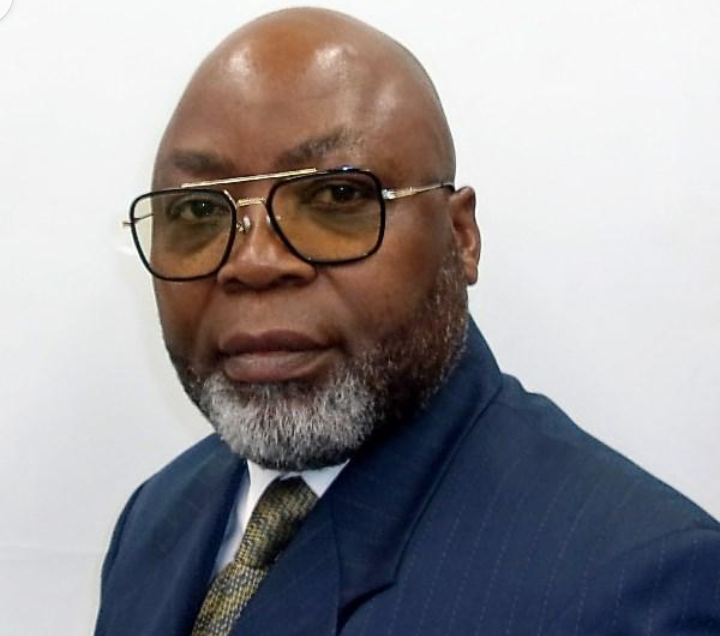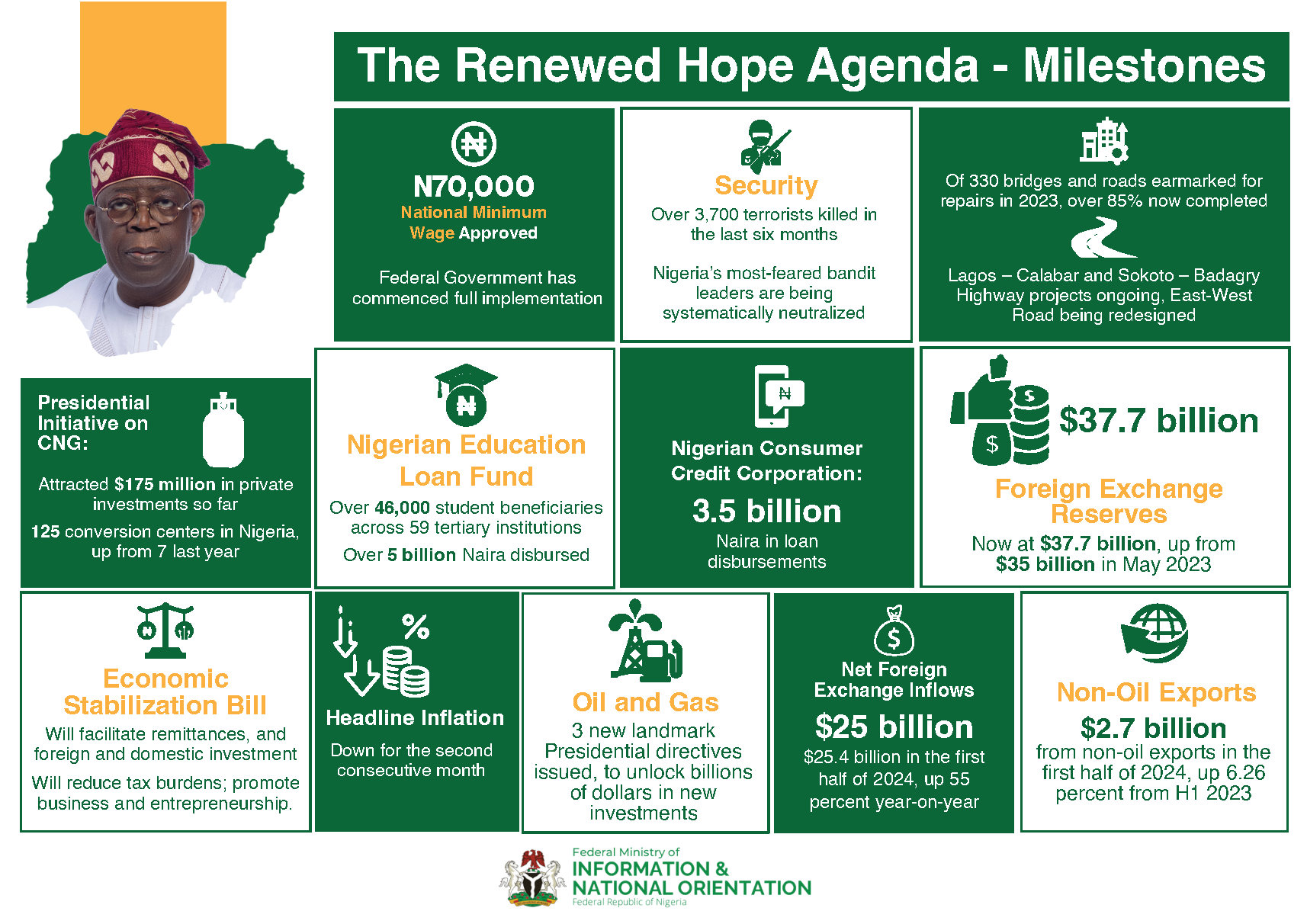Dr. Abejide Olusegun
Nigeria is experiencing a significant transformation in its ethnic and regional dynamics as groups across the country assert their distinct identities and challenge the established power structures dominating its politics. The efforts of Southern Nigerians to reclaim their voices in the national dialogue are yielding results, with more groups breaking free from the influence of the Fulani elite, who have historically controlled the political landscape through manipulation and exploitation.
This awakening is particularly evident in the increasing visibility of Hausa Christians, who are stepping into the spotlight to openly declare their faith and identity. Additionally, the Middle Belt, previously overshadowed by Northern Nigeria’s political dominance, is emerging as a distinct entity, rejecting the label of being part of the “North.” These developments signify a transformative shift in Nigeria’s political and social fabric.
The Decline of Northern Political Cohesion
For decades, the concept of Northern Nigeria as a unified political bloc was a powerful tool for the Fulani elite to consolidate their power. By presenting the North as a monolithic entity, the Fulani, despite being a numerical minority, managed to dominate Nigerian politics. However, this narrative is rapidly disintegrating as the Hausa people, Middle Belt communities, and other Northern minorities reject the Fulani-centric perspective.
Today, many Hausa individuals are firmly asserting their unique identity, refusing to be conflated with the Fulani. Likewise, the Middle Belt, with its diverse ethnic and religious composition, is increasingly distancing itself from the notion of a singular Northern identity. This shift exposes the fragility of what was perceived as Northern unity, which has proven to be more of a political construct than a reflection of genuine cultural or ethnic alignment.
The unraveling of Northern cohesion poses significant challenges for the Fulani elite, who have relied on this unity to maintain their power. With a population of only about six million, the Fulani can no longer exert the same level of influence within a fragmented political landscape. Rhetoric of dominance and intimidation, such as the recent statements made by Bauchi State governor Bala Mohammed, is increasingly seen as hollow and ineffective.
Historical Manipulation and the Role of Betrayal
The Fulani elite’s strategy for political dominance has often involved manipulating other groups to achieve their aims. A notable example is the tragic saga of Chief MKO Abiola, whose election victory in 1993 was annulled under the military regime of General Ibrahim Babangida. This led to a calculated effort to exploit divisions within the South, undermining Abiola’s mandate and ultimately neutralizing him as a political force.
During this period, the Fulani elite enlisted the support of certain Igbo politicians who played a crucial role in forming the Association for Better Nigeria (ABN). Key figures such as Arthur Nzeribe, Chukwumerije, Apanghor, Obi, and others were instrumental in backing the annulment of Abiola’s election. This betrayal deepened when Abiola was detained under General Sani Abacha’s regime. Shockingly, prominent individuals, including the late Emeka Ojukwu, reportedly advised Abacha to eliminate Abiola. This tragic chapter culminated in Abiola’s death, a dark mark on Nigeria’s history.
The parallels between this historical betrayal and the current political landscape are striking. Today, the Labor Party’s presidential candidate, Peter Obi, is being positioned similarly to how Igbo politicians were utilized during the Abiola saga. The narrative suggests that Obi represents a viable alternative to President Bola Tinubu, with some Northern politicians allegedly conspiring to support him as a strategy to undermine Tinubu’s administration in 2027. This approach is eerily familiar, mirroring the tactics employed to divide and dominate the South during the Abiola and Abacha years.
The Igbo, historically marginalized and often used as pawns in larger political games, must be cautious not to fall into the same trap. The lesson from the Abiola saga is clear: unity among Southern and Middle Belt groups is essential to counter the manipulative tactics of the Fulani elite. Any efforts to exploit regional divisions for political gain ultimately strengthen the very forces that have perpetuated Nigeria’s dysfunction.
The Fading Relevance of the Fulani Elite
The diminishing influence of the Fulani elite stems not only from changing demographics and shifting alliances but also from their inability to adapt to Nigeria’s evolving political landscape. The era of military coups and coercion to maintain power is over. The current political awakening among Middle Belt and Southern Nigerians has created a new reality in which the Fulani elite can no longer dictate terms unchallenged.
The rhetoric of war or threats of military takeover, as exemplified by the recent statements from the Bauchi governor, belongs to a bygone era. If such an attempt were made today, it would likely lead to Nigeria’s fragmentation, with regions asserting their independence rather than rallying under a central authority. The cohesion that once characterized Nigeria in the 1960s, 70s, and 80s has become untenable in the face of widespread disillusionment and regional assertiveness.
Regionalization as a Path Forward
Given the deep-seated divisions and the failure of centralized governance to address Nigeria’s challenges, regionalization presents a practical path forward. Returning to the governance system of the 1960s would enable each region to govern itself based on its unique cultural, economic, and social realities. This approach could promote cooperation while honoring the diversity that characterizes Nigeria.
However, regionalization must involve more than just administrative restructuring; it requires a comprehensive strategy that empowers regions to control their futures. Education and agriculture—two sectors that have historically driven regional development—should be prioritized. Vocational and technical education should replace the current theoretical model, equipping young Nigerians with the practical skills essential for success in today’s economy. Likewise, targeted investments in agriculture could turn Nigeria into a food-secure nation and provide sustainable livelihoods for millions.
A Call for Unity and Vigilance
Nigeria’s history is rife with examples of how divisions have been exploited to maintain the status quo. The South and Middle Belt must remain vigilant against attempts to sow discord among them any longer. The tragic fate of Chief Abiola serves as a cautionary reminder of the necessity for unity and collective action in the face of manipulative tactics.
The recent effort to pit Peter Obi against Bola Tinubu in a bid to destabilize the South clearly continues this strategy. Southern and Middle Belt leaders must rise above such schemes and concentrate on establishing a united front that prioritizes their people’s interests over narrow political ambitions. The era of betrayal and manipulation must end. Nigeria’s future relies on leaders who can transcend historical grievances and collaborate to chart a new course.
A Message to the Fulani Elite
To the Fulani elite, the message is unequivocal: the era of dominance is over. The Nigerian populace is awakening and is no longer willing to be pawns in a political game that benefits a few at the expense of many. This awakening transcends regional and ethnic lines, fostering a national movement for change.
If the Fulani elite wish to maintain relevance, they must adapt to this new reality. This means abandoning divisive rhetoric and embracing a more inclusive approach to governance. It also entails taking responsibility for past actions and working toward building a Nigeria that values equity and justice.
The End of an Era and the Dawn of a New One
The unraveling of Northern cohesion, the political awakening of the Middle Belt, and the assertiveness of Southern Nigerians signify the end of an era in Nigeria’s history. This is not a moment for despair but rather an opportunity to create a nation that truly reflects the diversity, resilience, and potential of its people.
The way forward demands bold leadership, unity, and a dedication to justice and equity. Regionalization presents a framework for tackling Nigeria’s challenges while honoring its diversity. By adopting this model, Nigeria can acknowledge its history while creating a future that benefits everyone.
History teaches us that betrayal and manipulation result in division and instability. The time for change is now, and every Nigerian has a role to play in making it happen. Only through unity and vigilance can Nigeria overcome its challenges and realize its potential as a nation.
Dear readers, we really need your support to keep on serving you with authoritative, truthful, and juicy stories everyday. For your support, please reach out to the editor @gavelinternational66@gmail.com


